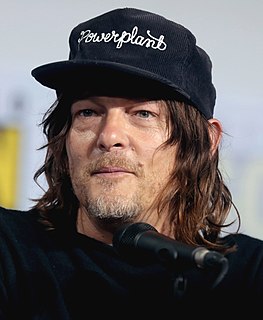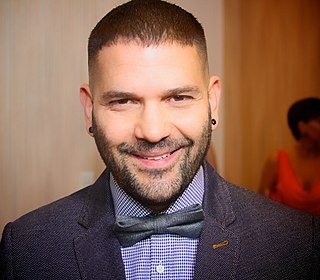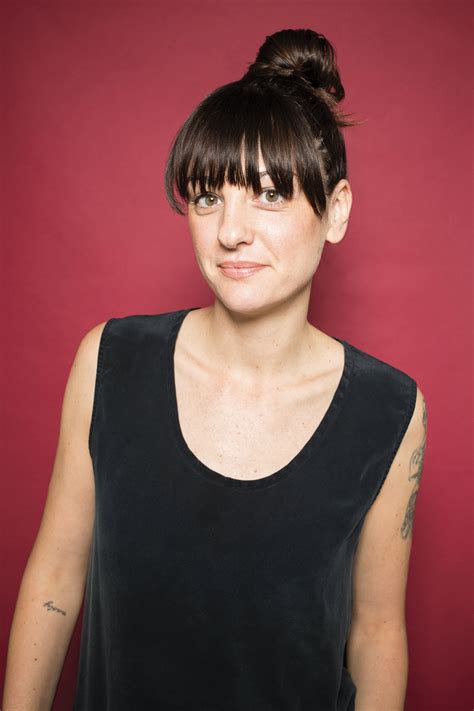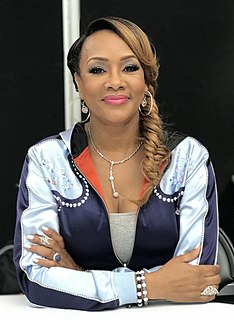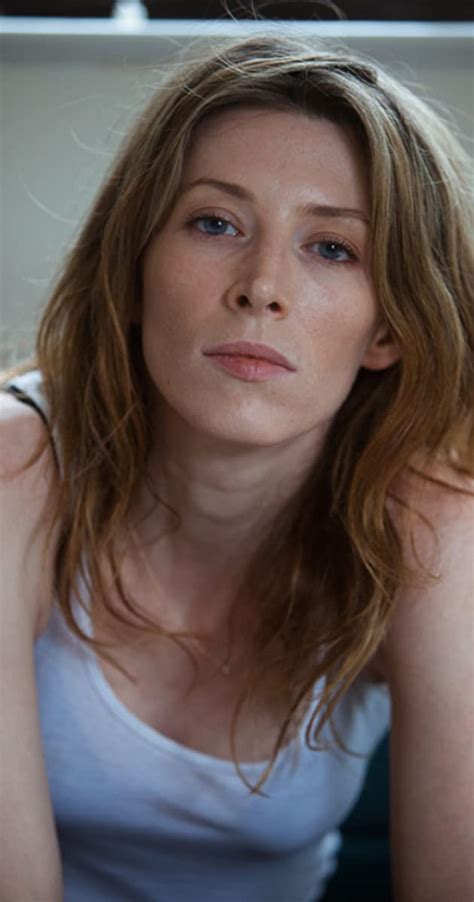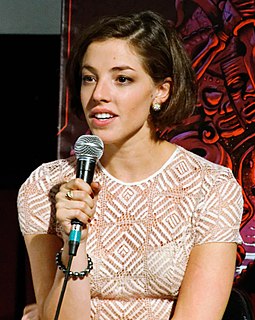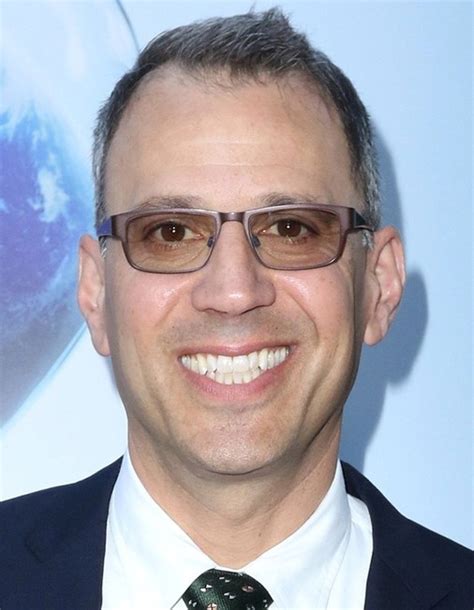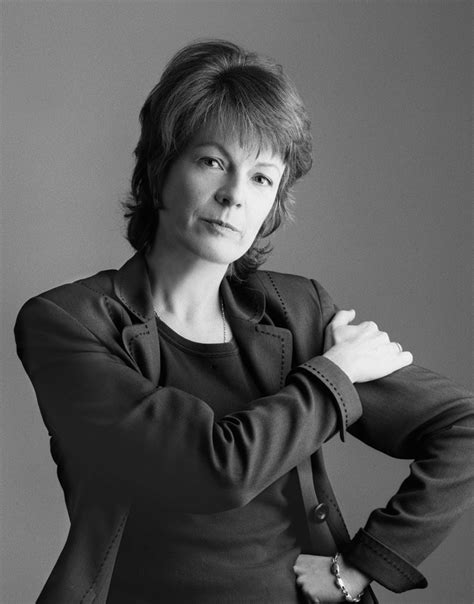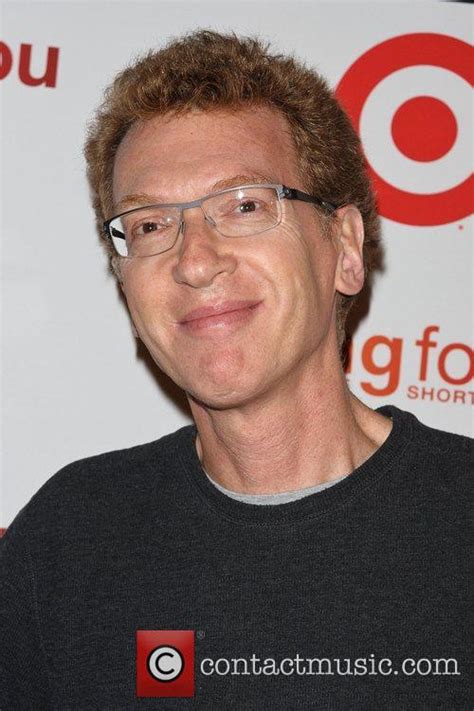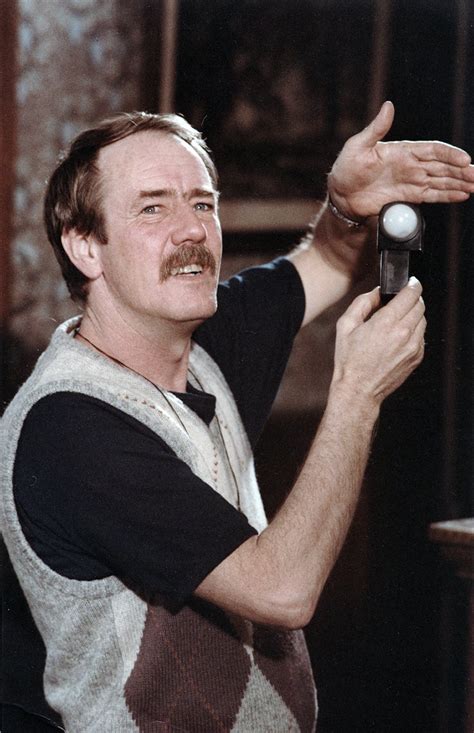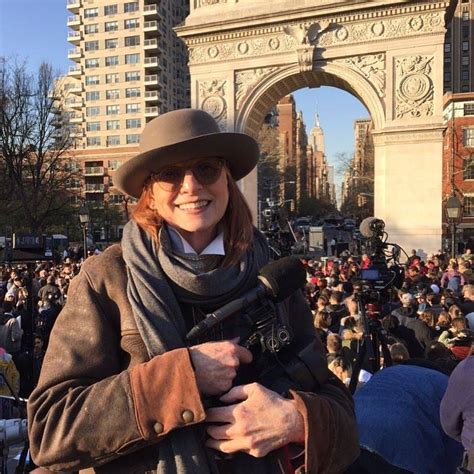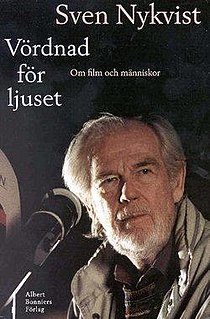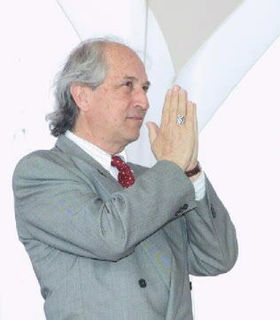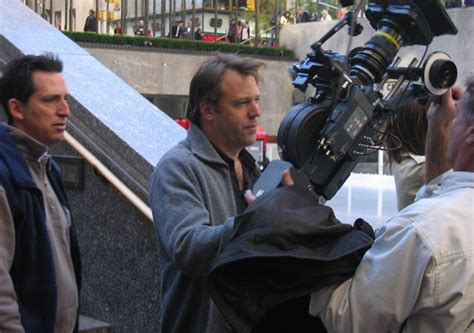A Quote by Vilmos Zsigmond
When I was in Hungary in December I was looking at student films and I could not tell which ones were shot on film and which ones were shot digitally. I think that is because the filmmakers in Europe go to four years of film school and learn the techniques.
Related Quotes
If I'm ever working on a set and anyone talks about a master shot, I say there is no master shot. Before I even went to film school, I learned about movies by being in a British feature film, where everything was shot master shot, mid-shot, close-up. But I reject the idea of a master shot. You don't shoot everything mechanically; you find imaginative ways that serve the action.
My filmmaking education consisted of finding out what filmmakers I liked were watching, then seeing those films. I learned the technical stuff from books and magazines, and with the new technology you can watch entire movies accompanied by audio commentary from the director. You can learn more from John Sturges' audio track on the 'Bad Day at Black Rock' laserdisc than you can in 20 years of film school. Film school is a complete con, because the information is there if you want it.
My filmmaking style of remixing came out of necessity. When I was a film theory student at UC Berkeley in the early 1990s, there were no film production facilities. The only way I learned to tell stories on film was by re-cutting and splicing together celluloid of old movies, early animated films, home films, sound slug - anything I could get my hands on.
We rehearsed for a bit for an Indie film, which is kind of unusual, we had a week of rehearsals before we actually shot the films so we were able to really break down the script and kind of work through all of the improvisational things that he wanted to do, so he had a chance to really feel his way through before we actually shot it and I think that helped a lot.
Um, 'Soul Food'... Another wonderful little movie that could. Here's a film that, I think our budget was maybe $6 million. We shot it in Chicago in six weeks. I was so proud of the film, because it showed America that an African-American film about family could sell, could do well, could cross over and have true meaning.
Everyone in the Lotus Eaters is so concerned with appearances, but there's an emptiness under the surface that they're trying to ignore. We talked about the theme of perception versus reality a lot with mirrors and masks what people were wearing - and we shot on two formats; we shot it on film and on digital, and a lot of the night-time scenes are film, and it looks better, and people can put on a mask and they can go out there and show an artifice to the world.
I wanted to be a playwright in college. That's what I was interested in and that's what I was moving toward, and then I had the lucky accident of falling in love with film. I was 19 or 20 that I realized films are made by people. Shooting digitally became cheaper and better. You couldn't make something that looked like a Hollywood film, but you could make something through which you could work out ideas. I was acting, but I was also conceiving the plots and operating the camera when I wasn't onscreen. I got very unvain about film acting, and it became a sort of graduate school for me.




